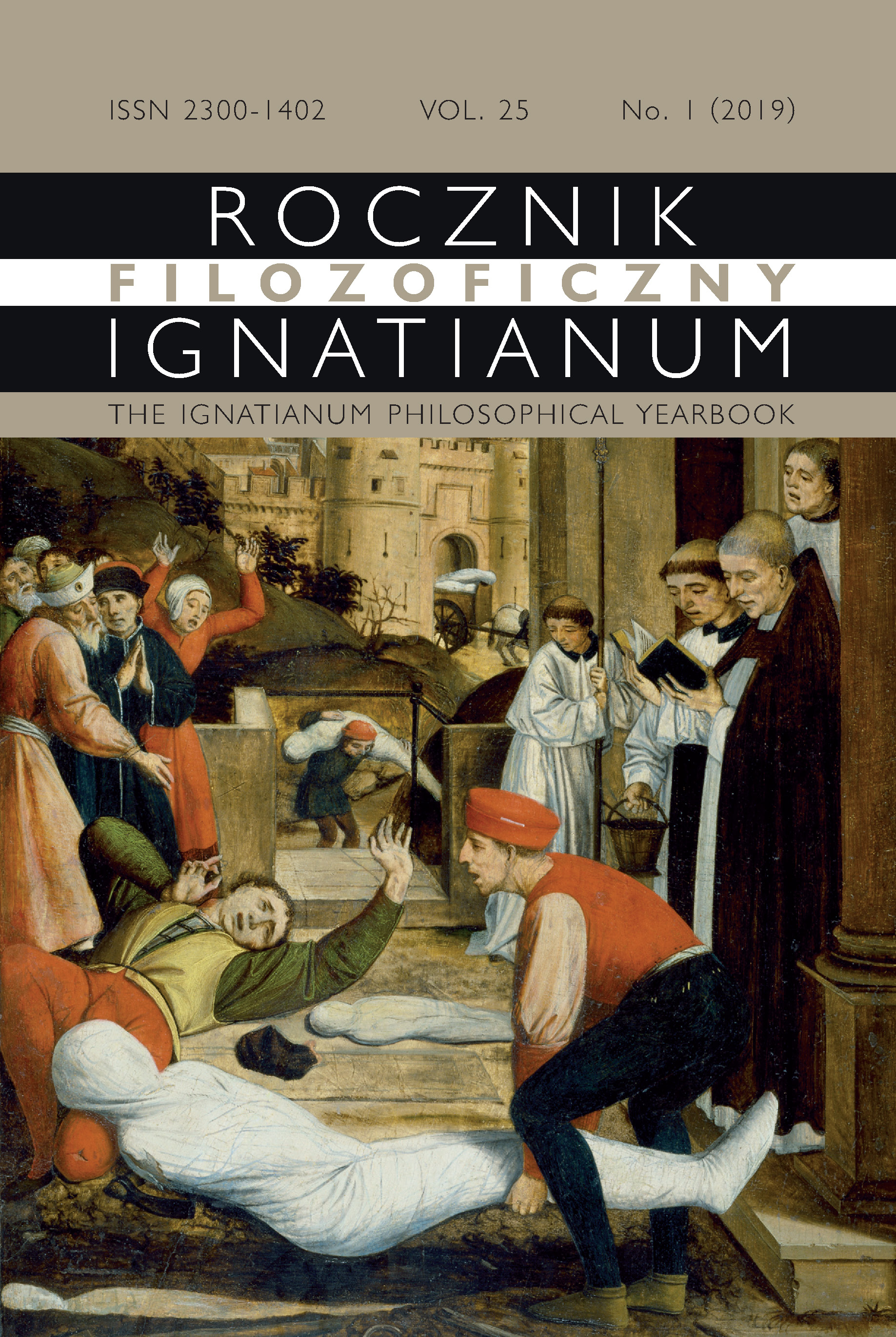Introduction
Abstrakt
Dear Readers,
After a long break caused, on the one hand, by staff changes in the Editorial Board and, on the other, by the lingering coronavirus pandemic, another issue of the Ignatianum Philosophical Yearbook is coming out. The new editorial team has decided to expand the journal’s formula to include texts from the general humanities; thus, there will be articles not only on philosophy, but also on history, cultural and religious studies, and theology, on top of Polish and foreign literature. The journal is also open to a wide range of issues that take into account the mission of the Jesuit University Ignatianum as a Catholic research center. An important element of this approach is the issue of the Mediterranean civilizational tradition and cultural heritage, which in our understanding are the most important sources of knowledge and inspiration for the study of contemporary problems of individual people, societies and states as well.
Copyright (c) 2019 Akademia Ignatianum w Krakowie

Utwór dostępny jest na licencji Creative Commons Uznanie autorstwa – Bez utworów zależnych 4.0 Międzynarodowe.
Rocznik przyjmuje do druku wyłącznie materiały, które nie wchodzą w żaden konflikt interesów, żaden konflikt z prawem autorskim itp. Redakcja prowadzi działania przeciw: plagiatom, ghostwriting1, guest/honorary authorship2 itp. Autor pracy zbiorowej, który jest pierwszy na liście, bierze na siebie odpowiedzialność i ma obowiązek przedstawić wkład wszystkich współautorów. Jeśli publikacja powstała dzięki dedykowanym środkom finansowym, należy ujawnić to np. w Podziękowaniu, przypisie itp. Ew. przedruki wymagają jawnego zgłoszenia i okazania odpowiedniego pozwolenia wydawniczego. Autorzy / Recenzenci nierzetelni narażają się na reakcję właściwą stosownym instytucjom.
______
1 Ma to miejsce, gdy osoba mająca istotny wkład jest pominięta na liście Autorów czy w Podziękowaniu.
2 Zachodzi, gdy na liście autorskiej pojawia się osoba mająca znikomy/żaden udział w pracy.





